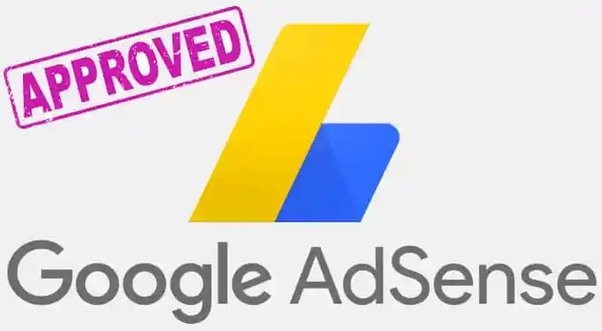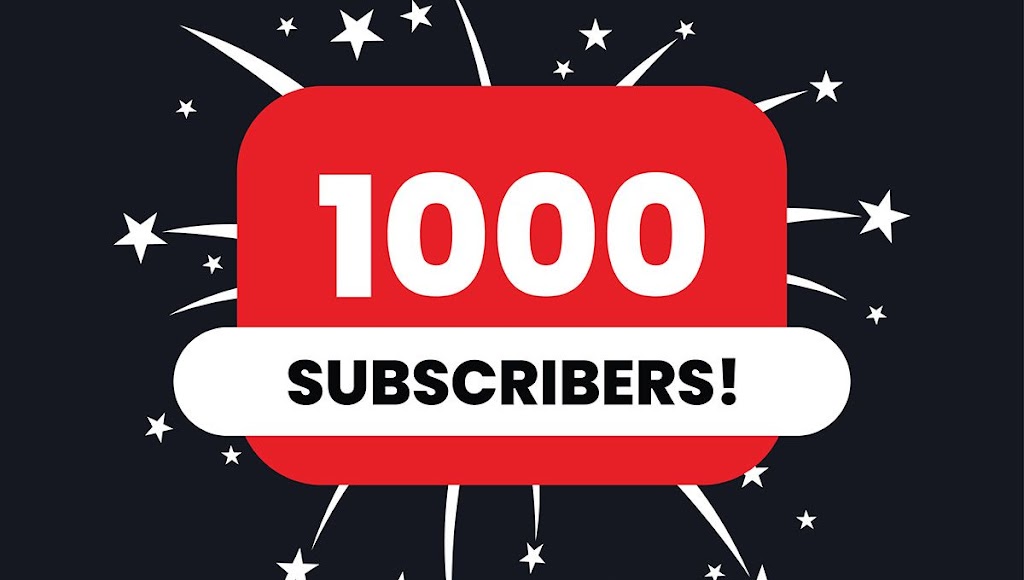What is blogging
Blogging is a form of online writing that originated in the late 1990s. The term blog is a shortened form of weblog or web log. A blog contains online personal reflections, comments, and often hyperlinks, videos, and photographs provided by the writer, also known as a blogger.
Blogs are usually written in an informal, conversational style and are often updated frequently. Topics can range from personal experiences, social issues, tutorials, reviews, and more. Blogs can be a great way for individuals or businesses to share their thoughts and knowledge, build an online community, or promote products or services.
The blogging process includes selecting a blog platform, setting up the blog design and layout, creating engaging content, promoting the blog, and interacting with readers through comments.
In summary, blogging is an essential tool in today’s digital age for sharing valuable information, generating web traffic, building trust and relationships with readers or customers, and fostering a sense of online community.
Is blogging profitable
Yes, blogging can be profitable but it often requires a significant amount of time and effort before seeing financial return. Bloggers can make money through several ways like advertising revenue, sponsored posts, selling products or services, affiliate marketing, etc. However, not all blogs become profitable and success depends on various factors including the blog’s niche, the blogger’s dedication and consistency, marketing strategy, and the quality of the content. The income can vary greatly, from a few dollars a month to thousands. Some successful bloggers even make a full-time living from their blogs. But for every high-earning blogger, many others earn little or no money.
How to start blogging for free
1. Find your Niche: Start by figuring out what you are passionate about or what you’re good at. This could be anything like cooking, travel, technology, fashion, etc.
2. Choose a Blogging Platform: There are several free blogging platforms available such as WordPress, Blogger, Wix, Medium etc. These platforms are user-friendly, customizable and offer many features and functionalities.
3. Sign up: Create an account on your chosen platform. It will typically require a valid email address and password.
4. Create a Blog: After signing up, follow the instructions to create a new blog. Here, you may need to select a blog name, choose a theme, set up pages, etc. Remember to choose a design that matches the theme of your blog.
5. Create Content: Write blog posts about your chosen topic. Make sure your posts are interesting, informative and original. Use attractive titles and headlines to draw attention to your posts.
6. Publish: After creating your content, it’s time to publish it. Make sure you have checked for any grammatical errors and properly formatted the text before hitting the publish button.
7. Share on Social Media: Once published, share the links to your blog posts on your social media channels to increase your readership.
8. Engage with Your Audience: Regularly interact with your readers. Answer their queries, reply to comments, and actively participate in discussions.
9. Regularly Update your Blog: Consistency is key in blogging. Always post new content regularly to keep your readers engaged.
10. Learn SEO Basics: SEO (Search Engine Optimization) is the process of increasing the visibility of your blog on search engines. Basic SEO practices include using keywords, creating quality content, and building links.
Remember, the purpose of a blog is to connect with readers, share information, and express your views. As long as you enjoy what you’re doing and have a genuine desire to share with others, success in blogging is guaranteed.
How to earn from blogging
1. Advertising: By incorporating advertisements onto your blog, you can generate revenue every time a visitor to your site clicks on one of these ads. This is often managed through a program like Google AdSense.
2. Affiliate Marketing: This involves linking to a product or service on your blog, and you get a percentage of the sale when a visitor clicks through and purchases that product or service.
3. Sponsored Posts: Companies may pay you to write a blog post about their product or service. These posts typically include links back to the company’s website and often the product itself.
4. Selling Products or Services: You could use your blog to sell physical products, digital products (like ebooks or online courses), or services. For example, if your blog is about fitness, you might sell personal training services or fitness guides.
5. Consulting or Coaching: If you’re an expert in your blog’s niche, you could offer your consulting or coaching services to your readers.
6. Speaking Engagements: As you become known as an expert in your field, you might be invited to speak at conferences or events. These speaking engagements are usually paid.
7. Patreon or Donations: If your readers really value the content you’re providing, they may be willing to donate to keep the site going. Patreon is a popular platform for recurring donations.
8. Email Marketing: Build an email list from your blog audience, and send them content and offers regularly to promote products or services.


